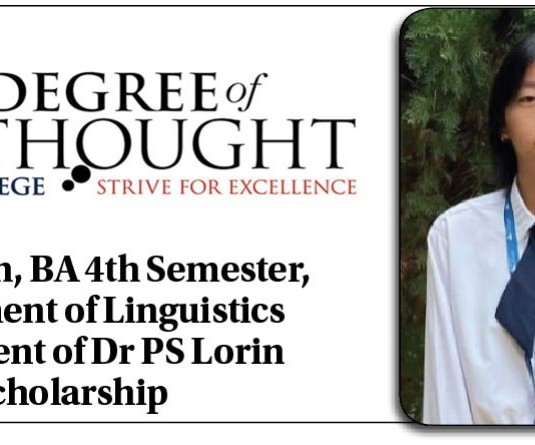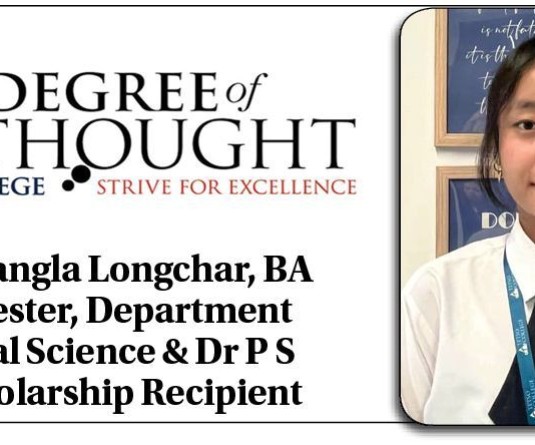
Substance abuse has become a common phenomenon in the world and has invaded the human society as one of the greatest social damages. Substance abuse is the excessive use of psychoactive drugs, such as tobacco, alcohol, pain medicine or pain killer, illegal drugs etc. It is a non adaptive model of drug use, which has adverse effects and consequences and also includes a set of cognitive, behavioural and psychological symptoms.
Substance abuse and drug addiction among the youths in Nagaland is a grave concern and requires attention. One common reason they engage in drug and alcohol is because of peer pressure. Another reason is the easy availability of it. The free flow of ‘Sunflower’ drug at cheap rate has impacted young minds especially students studying in schools, colleges, university. It has affected their academic life resulting in inadequate attendance, poor academic performance and conflict with other issues. Its adverse impact on the physical and mental and sexual practices of students cannot be overemphasised.
Youths of this generation are very smart and capable but they are using it in the wrong way. They are trying to outsmart their own families, friends, teachers and even leaders in their churches. Their boldness is commendable but sadly, they are using it to take advantage and trying to fool themselves.
Drug abuse is a pervasive phenomenon and most of us like to pretend that it is only restricted to the rich and the elite. The fact that most drug consumers had become drug peddlers themselves cannot be denied. Their addiction has forced them to join the drug rackets. According to one study when drug addicts run out of money, they get proposals of selling 10 and getting 1 free. The rest struggle to deal with withdrawal symptoms and when they fail, they may try to attempt to commit suicide.
Drug addiction is a serious issue. Ostracising and shaming the addicts will not pull them out of their abuse. Conversation might. In this regard, education and awareness campaigns by governmental and non-governmental organisations in schools, colleges, community centres etc should be conducted highlighting the dangers of substance abuse.
Also, a counselling facility in schools and colleges should be provided to those students who are falling into the trap and are seeking help. While counselling them, keeping the identity of the students anonymous is preferable, as many of them want to be accepted by the society as a good person and being labelled as a drug or victim of drug abuse is a matter of embarrassment for them. This will also encourage many to seek help and timely intervention will save them.
Drug consumption, possession, selling and buying is a crime under the Indian Law. But the laws are not doing enough to stop young children falling into this trap.
The Degree of Thought Column is a weekly community column initiated by Tetso College in partnership with The Morung Express. The column explored contemporary social, cultural, political, and educational issues and challenges around us. However, the views expressed here do not reflect the opinion of the institution. Tetso College is a NAAC-accredited, UCG-recognized Commerce and Arts college. Currently, the Degree of Thought Column is managed by the department of Mass Communication, and the editorial team are Dr Jenny Lalmuanpuii, KC Gabriela and Rinsit Sareo. For feedback or comments, please email: dot@tetsocollege.org.






